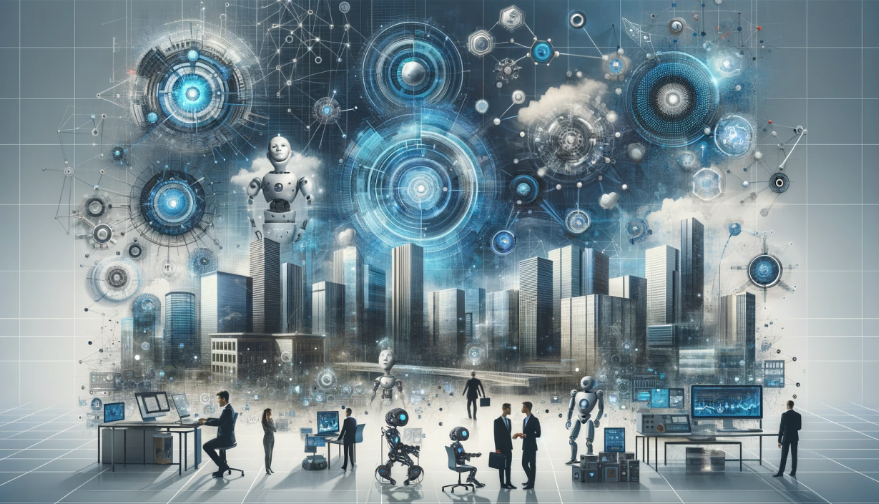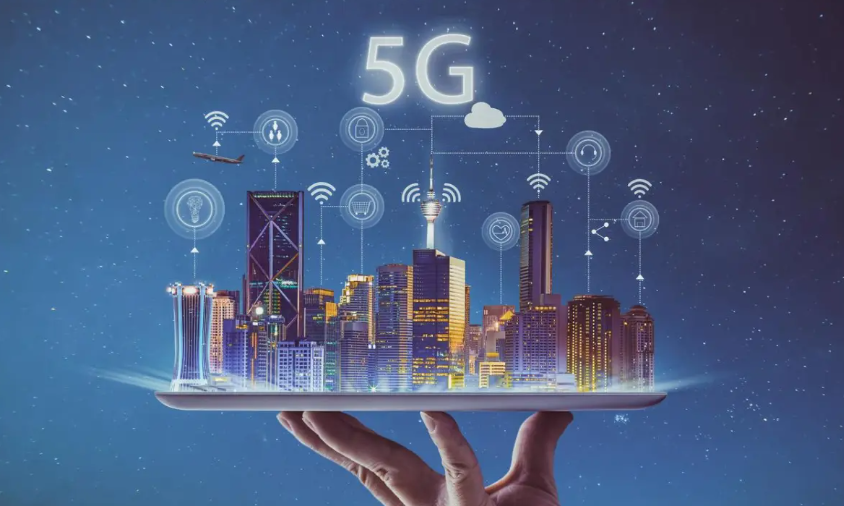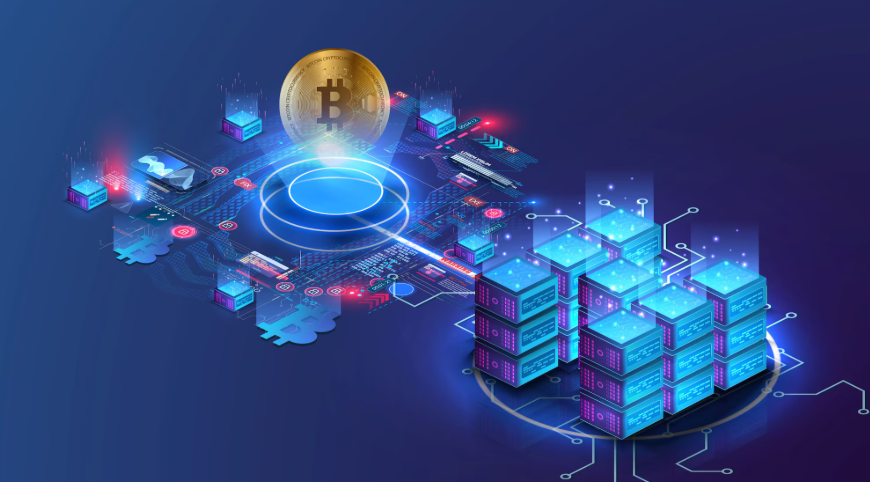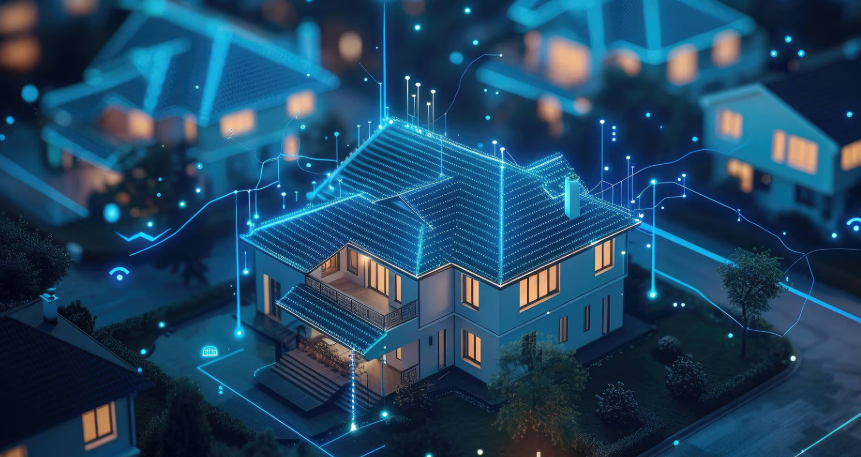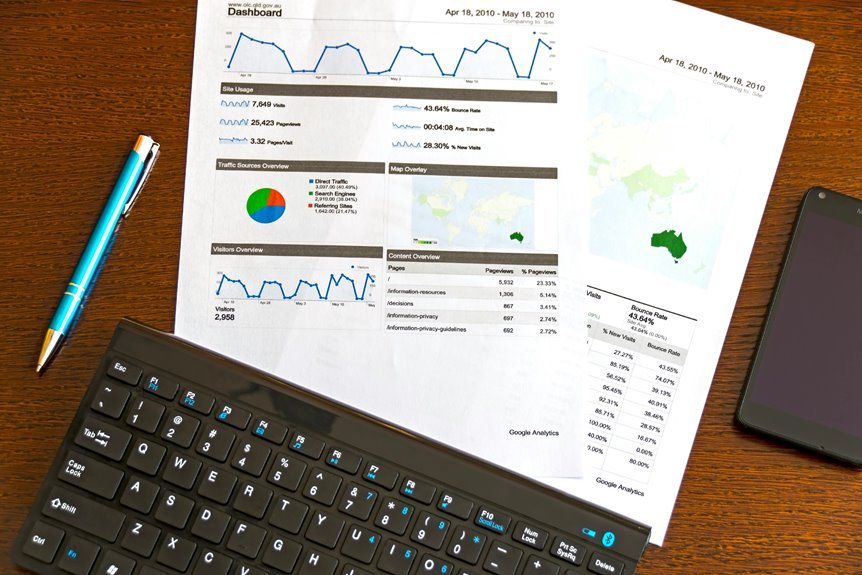Artificial Intelligence (AI) is one of the most revolutionary technologies of the 21st century. It is changing the way we live, work, and interact with the world around us. From voice assistants in our smartphones to the advanced robotics in factories, AI is increasingly becoming an integral part of everyday life. In this article, we will explore how AI is shaping our lives, the technologies that drive its progress, and what the future holds.
Understanding AI and Its Current Role
What is Artificial Intelligence?
Artificial Intelligence refers to the ability of a machine to perform tasks that would normally require human intelligence. These tasks include decision-making, problem-solving, learning, speech recognition, and visual perception. While AI has existed in one form or another for decades, its recent rapid advancements are truly transforming various aspects of life.
See also: semakanmykid
The Origins and Evolution of AI
AI has its roots in the mid-20th century, with pioneers like Alan Turing laying the groundwork for what would later become machine learning and neural networks. Over the years, AI technology has evolved from rule-based systems to more sophisticated algorithms capable of learning from vast amounts of data. This evolution has made AI more applicable to real-world problems, and its capabilities are growing exponentially every year.
AI in Everyday Life
AI is no longer confined to labs and research papers. It’s present in our homes, workplaces, and even our pockets. Let’s dive into some common ways AI is already making an impact.
AI in Personal Assistants: Siri, Alexa, Google Assistant
Personal assistants like Siri, Alexa, and Google Assistant are powered by AI. These systems use natural language processing (NLP) to understand and respond to user requests. From setting reminders to providing weather updates, these voice-activated systems are designed to make our daily tasks more efficient. As AI continues to improve, these assistants will become more intuitive and capable of handling complex tasks.
AI in Healthcare: Revolutionizing Medicine
In the healthcare sector, AI is revolutionizing how we diagnose diseases, manage patient care, and even discover new drugs. Machine learning algorithms can analyze medical data much faster than human doctors, improving the accuracy and speed of diagnoses. AI-powered systems are also being used in robotic surgery, assisting doctors with precision and reducing human error.
AI in Education: Personalized Learning and Smart Classrooms
In education, AI is making learning more personalized. Intelligent tutoring systems and AI-driven platforms can adapt to a student’s learning pace and style, offering customized lessons and feedback. AI is also used in smart classrooms to enhance the learning experience through interactive tools, automation, and real-time data analysis.
The Advancements in AI Technology
AI is growing at a rapid pace, with numerous technologies pushing the boundaries of what’s possible.
Machine Learning and Deep Learning
Machine learning (ML) and deep learning (DL) are two subsets of AI that have garnered significant attention in recent years. Machine learning involves training algorithms to learn from data and make predictions or decisions based on that data. Deep learning, a more advanced form of machine learning, involves neural networks that can analyze complex patterns and structures in data, enabling tasks such as image and speech recognition.
Natural Language Processing (NLP) and its Impact
NLP allows machines to understand and generate human language. This technology has become crucial for chatbots, voice assistants, and language translation tools. The ability for AI to process language with such accuracy is opening up new possibilities in customer service, content generation, and even mental health care, where AI can understand and respond to human emotions.
AI in Robotics and Autonomous Systems
AI is powering the development of robots that can perform a wide range of tasks, from assembly line production to autonomous delivery drones. Autonomous vehicles, powered by AI, are already being tested on roads and promise to revolutionize transportation. These technologies rely on AI to process vast amounts of data in real-time, making decisions on navigation, safety, and efficiency.
AI in Business and Industry
AI is not only transforming individual lives but also industries across the globe.
AI in Manufacturing and Supply Chain Automation
AI is improving the efficiency of manufacturing and supply chain operations. From predictive maintenance of machinery to optimizing logistics routes, AI can automate many processes that once required human intervention. This reduces costs, minimizes errors, and increases overall productivity.
AI in Customer Service: Chatbots and Virtual Assistants
AI-powered chatbots and virtual assistants are transforming the customer service industry. These tools can handle thousands of customer queries at once, offering instant responses and solving common problems. By doing so, AI is enabling companies to offer 24/7 customer support while cutting down on human resource costs.
AI in Marketing: Personalization and Predictive Analytics
In marketing, AI is being used to create personalized experiences for consumers. By analyzing consumer data, AI can recommend products, offer discounts, and predict purchasing behavior. This allows businesses to tailor their marketing efforts to individual preferences, making them more effective and efficient.
Ethical and Societal Implications of AI
As AI continues to grow in influence, it brings with it numerous ethical and societal challenges.
The Ethical Challenges of AI: Bias and Discrimination
AI systems are only as good as the data they are trained on. If the data is biased, the AI will also be biased. This can lead to discrimination, especially in areas like hiring, lending, and law enforcement. Ensuring fairness and transparency in AI algorithms is critical for preventing such issues.
The Impact of AI on Employment: Job Displacement vs. Job Creation
One of the major concerns surrounding AI is its impact on employment. While automation and AI have the potential to displace jobs, they also create new opportunities in fields like data science, AI development, and robotics. The key challenge will be to ensure workers are equipped with the skills needed for the future job market.
The Future of AI in Our Lives
Looking ahead, the future of AI is filled with both excitement and uncertainty.
The Role of AI in the Next Decade
In the coming decade, AI will become even more integrated into our lives. Smart homes will become more autonomous, with AI managing everything from energy use to security. AI will also play a significant role in addressing global challenges such as climate change, by optimizing resource use and enabling the development of green technologies.
AI and the Environment: Sustainable Technologies
AI is already being used to create more sustainable technologies. From optimizing energy usage to developing climate models, AI can help us better understand and tackle environmental issues. In the future, AI could be the key to advancing renewable energy, reducing waste, and ensuring sustainable development.
Risks and Challenges of AI
While the potential of AI is vast, it is important to acknowledge the risks it brings.
Security Concerns: AI in Cybersecurity
AI can both enhance and threaten cybersecurity. On the one hand, AI can help identify and prevent cyberattacks. On the other hand, malicious actors could use AI to create more sophisticated cyber threats. Balancing these risks will require constant innovation and collaboration among governments, businesses, and tech companies.
The Need for Regulation and Governance
As AI becomes more widespread, the need for regulations and governance will become more pressing. Governments and organizations will need to establish ethical guidelines, ensure transparency in AI development, and address privacy concerns.
Preparing for an AI-Driven Future
The AI revolution is underway, and those who prepare for it will be the ones who thrive.
How to Stay Ahead of the Curve in the Age of AI
To remain competitive, individuals and businesses must adapt to the AI-driven future. This means investing in AI education, embracing automation, and staying informed about the latest trends and developments in AI technology.
Conclusion
The future of artificial intelligence holds enormous potential to improve our lives in countless ways, from healthcare to education, business, and beyond. While challenges such as ethical concerns and job displacement must be addressed, the promise of AI is undeniable. As AI continues to evolve, it will shape the world in ways we have yet to fully comprehend.
Frequently Asked Questions (FAQ)
What is the future of AI in healthcare?
AI is expected to revolutionize healthcare by improving diagnoses, personalizing treatments, and optimizing care delivery. AI could lead to better outcomes for patients and reduce the strain on healthcare systems.
How will AI affect jobs in the future?
AI will likely cause job displacement in some industries, particularly those involving routine tasks. However, it will also create new job opportunities in AI development, robotics, and data science.
Is AI dangerous to humanity?
AI itself is not inherently dangerous. However, its misuse or unregulated development could pose risks, such as reinforcing biases or causing unintended harm. Proper regulation and oversight are essential.
Will AI ever surpass human intelligence?
While AI is advancing rapidly, it is still far from reaching human-level general intelligence. Current AI systems are specialized and designed to perform specific tasks. The future of AI surpassing human intelligence remains a topic of debate.
How does AI work in self-driving cars?
AI in self-driving cars processes data from sensors and cameras to make decisions about navigation, speed, and safety. These AI systems can detect obstacles, recognize road signs, and respond to changing traffic conditions.
What are the ethical concerns of AI?
Some of the main ethical concerns include bias in AI algorithms, the potential for mass surveillance, and the impact of AI on privacy and security. Addressing these concerns will be crucial as AI technology continues to evolve.
